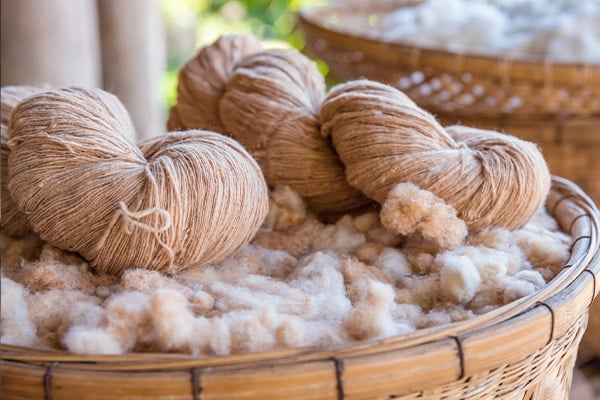
The Role of Natural Fibers in Modern Packaging
As consumers demand eco-friendly alternatives, the spotlight is turning towards natural fibers as a viable and responsible choice for modern packaging solutions. This blog explores the benefits and potential of using natural fibers in packaging, shedding light on how this eco-conscious approach can redefine the industry.
The Rise of Natural Fibers:
Traditional packaging materials like plastic have long dominated the market due to their convenience and cost-effectiveness. However, the environmental repercussions of single-use plastics have led to a paradigm shift. Natural fibers, derived from renewable resources such as plants, offer a compelling alternative. Materials like jute, cotton, hemp, and bamboo have gained traction for their biodegradability, low environmental impact, and ability to be sustainably sourced.
Benefits of Natural Fiber Packaging:
1. Biodegradability and Compostability:
Natural fibers break down organically, reducing the burden on landfills. Unlike conventional plastics, natural fiber packaging decomposes into natural elements, contributing to a healthier ecosystem.
2. Renewability:
Unlike fossil fuels used in the production of traditional plastics, natural fibers are derived from plants that can be grown and harvested sustainably. This makes them a renewable resource that can be replenished over time.
3. Low Carbon Footprint:
The manufacturing process of natural fiber packaging generally requires less energy compared to the production of synthetic materials. This results in a lower overall carbon footprint, contributing to a more sustainable supply chain.
4. Versatility and Customization:
Natural fibers can be molded and shaped to suit various packaging needs, offering versatility in design. Additionally, they can be easily customized to meet specific branding requirements, providing a unique and eco-friendly packaging solution.
5. Reduced Dependency on Petrochemicals:
Traditional plastics are derived from petrochemicals, contributing to environmental degradation. By opting for natural fibers, businesses can decrease their reliance on non-renewable resources, mitigating the impact of the petrochemical industry.
Challenges and Solutions:
1. Moisture Sensitivity:
Natural fibers can be sensitive to moisture, which may impact the integrity of packaging. However, innovations in coatings and treatments can enhance the water resistance of natural fiber packaging.
2. Cost Considerations:
While the cost of natural fiber packaging may be slightly higher initially, the long-term benefits in terms of brand image, customer loyalty, and environmental responsibility often outweigh the upfront expenses.
Embracing natural fibers in modern packaging represents a significant stride towards sustainability. As consumers become more eco-conscious, businesses that prioritize environmentally friendly practices stand to gain not only in terms of positive brand perception but also by contributing to a greener, healthier planet. The adoption of natural fiber packaging aligns with the evolving landscape of responsible consumerism and sets the stage for a more sustainable future in the packaging industry.






